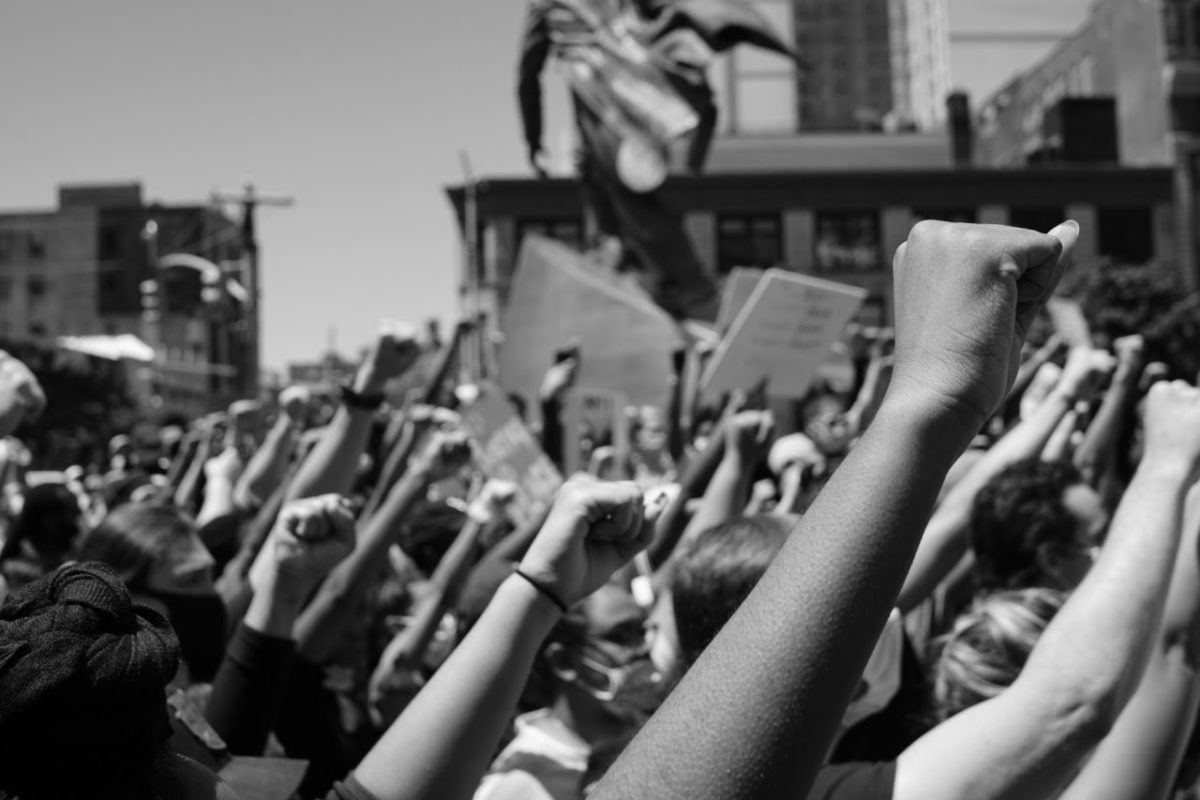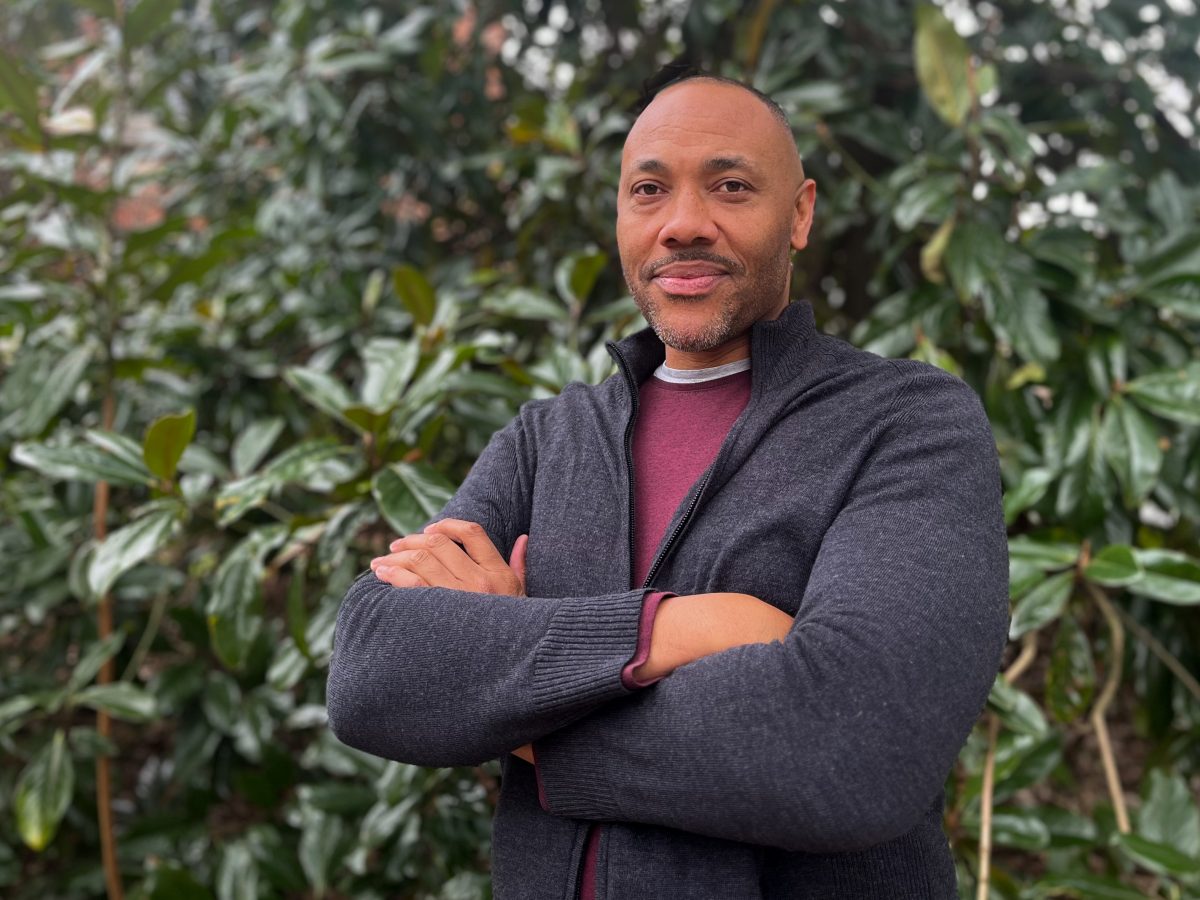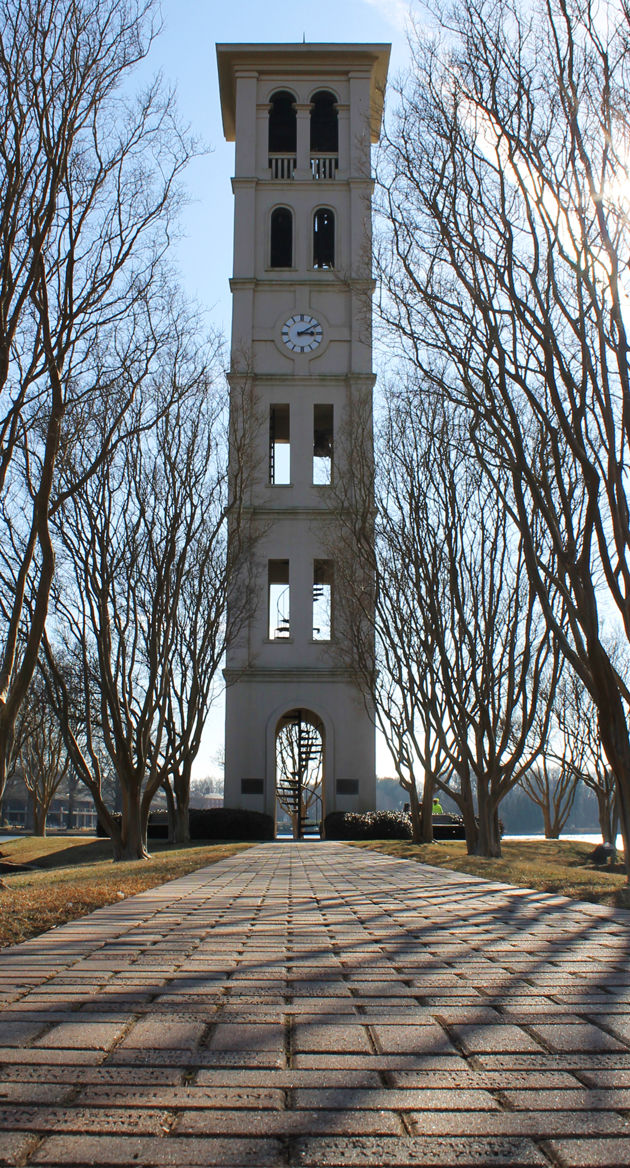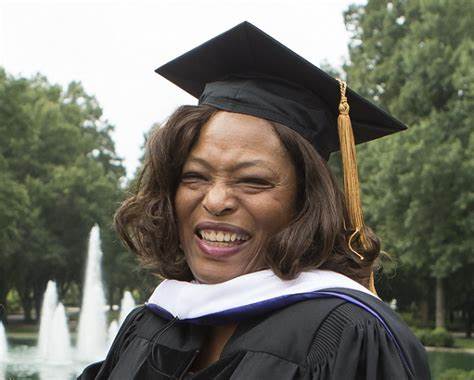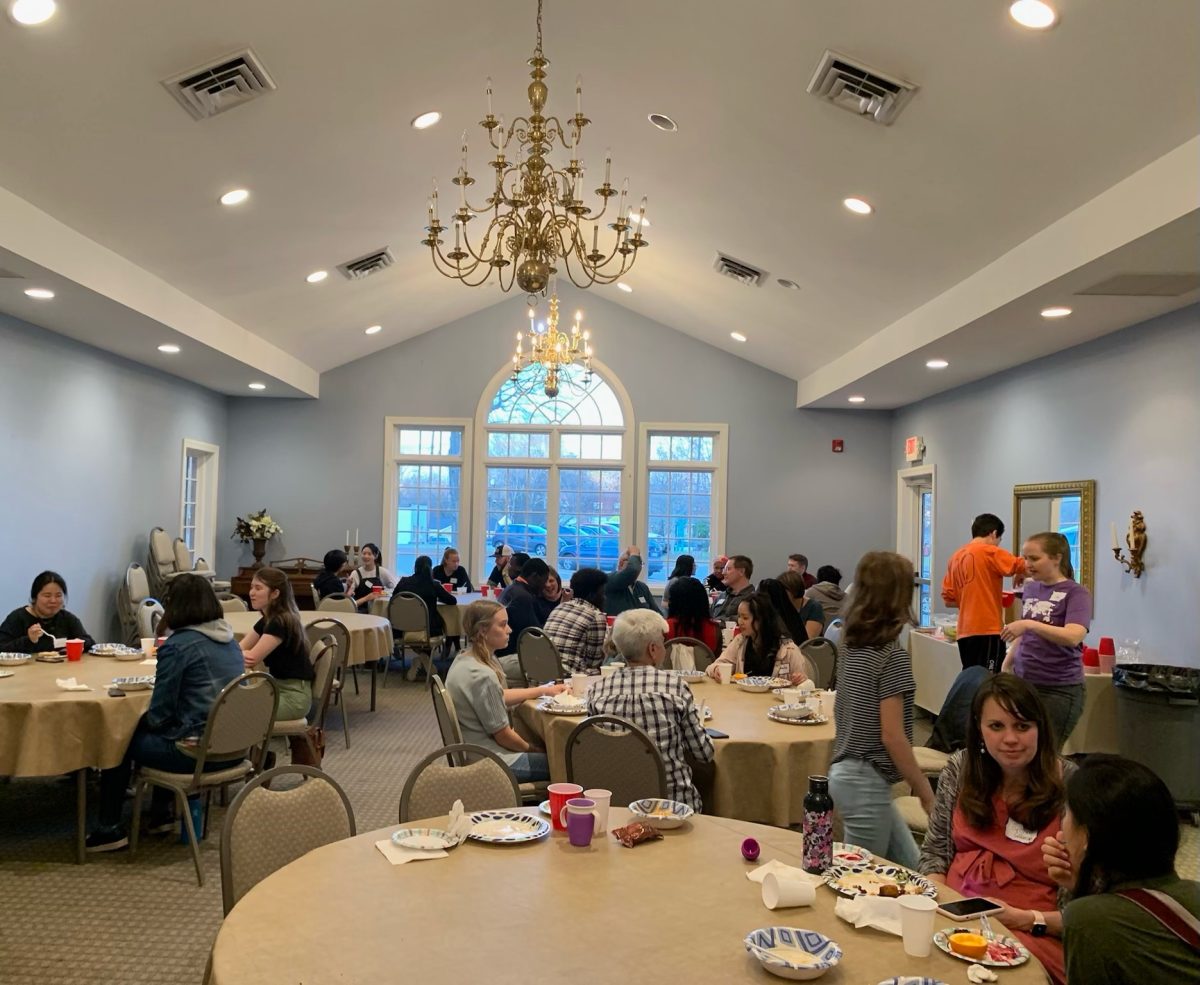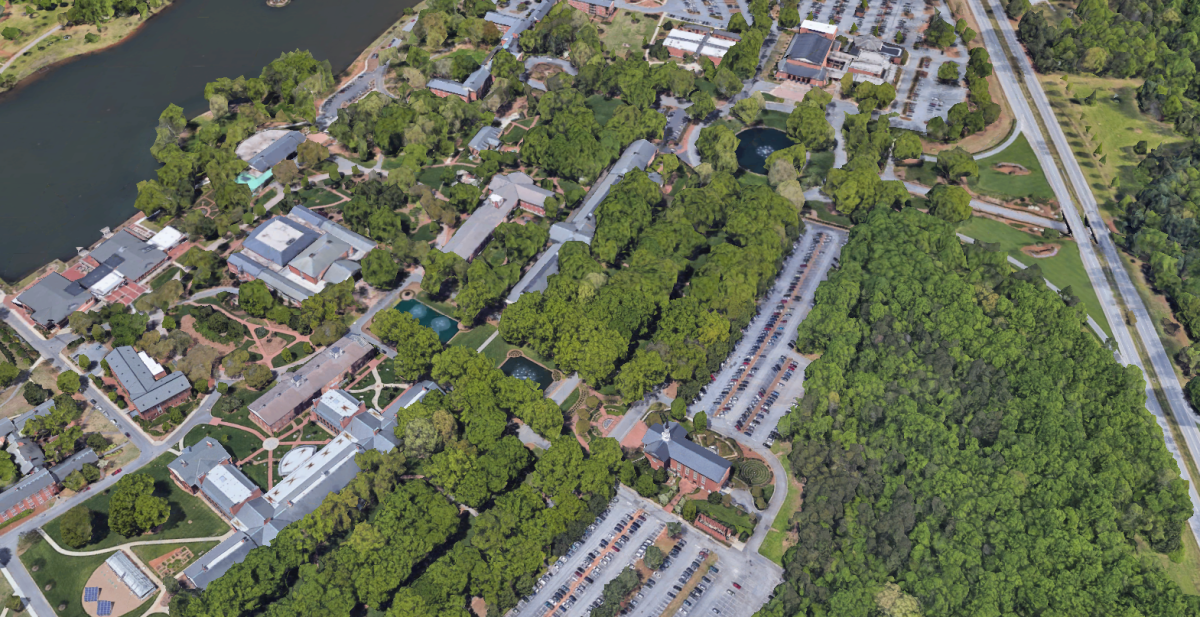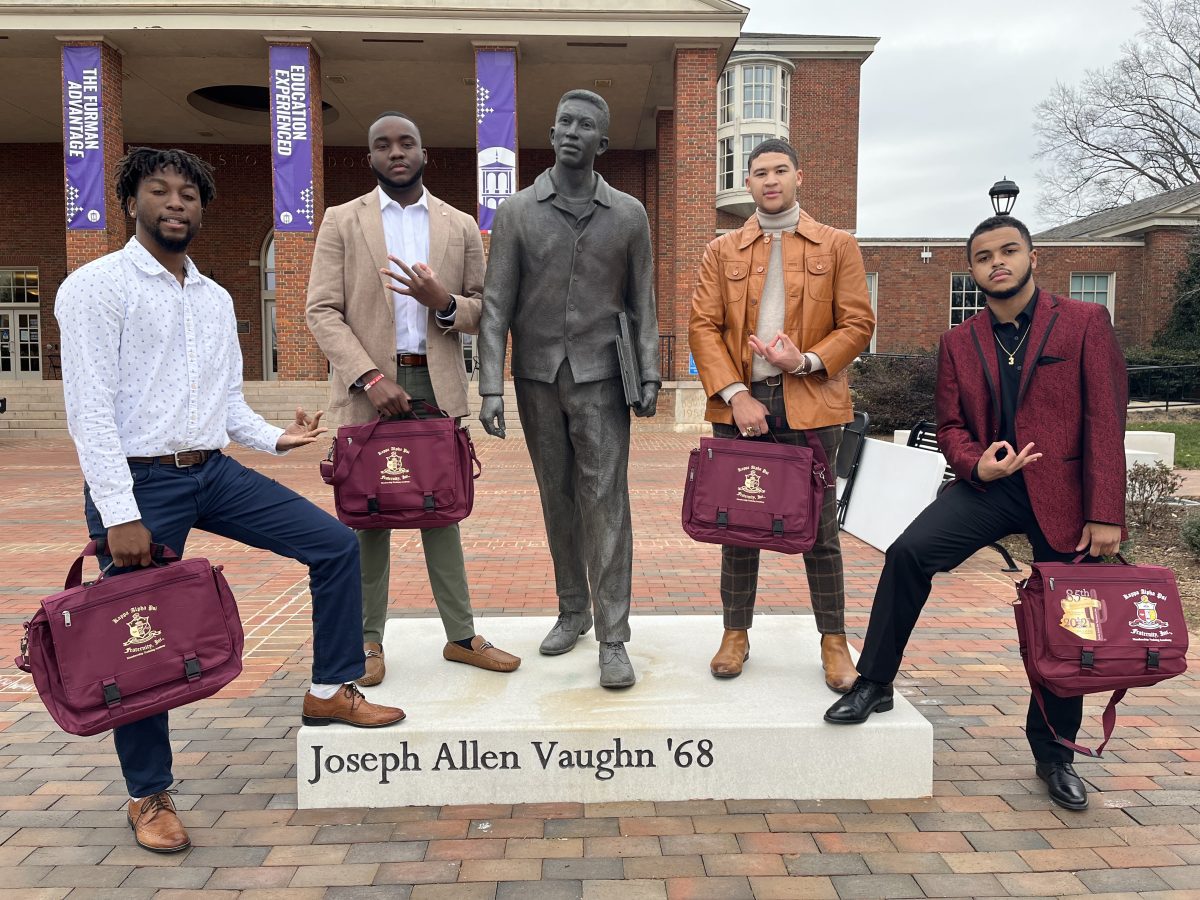This past summer has definitely been one for the books. I, like the rest of my peers, watched the nation unfold into chaos between Black Lives Matter protests and the global pandemic. It began to feel like the world was turning grey, and whenever you turned on the news, death or solace was everywhere.
The state of the nation made me think about my existence and identity. Being a black student at a Predominantly White Institution (PWI) is already challenging, and adding the additional layers of national tension makes it that much more difficult. Naturally, your face sticks out in a crowd, and questions in class concerning race politics automatically shift eyes in your direction. But this season is especially uncomfortable, as the majority is taking notice of what black people have been aware of for centuries. The COVID-19 epidemic, as well as the killing of George Floyd, highlighted the multitude of injustices in the United States. So where does this leave us on campus, and in the classroom? What is the fate of the black student on campus and in the nation?
These two questions left me confused and unsettled. I was a little nervous to return to Furman for my senior year because of the political tension. Furman professors and mentors were checking in to make sure my mental health was good. On top of it being an election year, I was skeptical about what the future would hold, and what Furman would look like for the fall. I have tried to find the best way to cope with everything, and I think the best method has been to take things on a day-by-day basis. I am able to put my mind at rest somewhat, but I still want to know, what is Furman doing?
When the Black Lives Matter movement began gaining momentum, I was pleasantly surprised to see my Furman classmates reposting Black Lives Matter campaigns and resources for their local area. I was happy about it until my healthy skepticism came creeping in. There is term call performative activism, which I think many who attend PWIs can fall privy to. Performative Activism is done to increase one’s social capital rather than one’s love or devotion to a cause. This charade was evident to me, because after the murder of George Floyd, people seemed to identify with the movement in a disingenuous way. This movement is larger than social media. Black Lives Matter is about being dedicated to anti-racist work, and continuously pushing for racial equality. I hope that Furman students as well people across this nation truly mean what they are saying and posting.
Over the summer I saw someone ask on Instagram, what can Furman students do to listen to and support their black peers? This inquiry is an important step in the right direction if we hope to address racial injustices. There is no one definite way, but allyship is not difficult. Your black friends, classmates and professors are tired. It is hard to navigate a system which is harmful to your being. When your path to success is steeper than your white peers, having one person in your corner is integral. The best way to support us is to listen, advocate and speak out against injustices when you see or hear them. Ask tough questions and push yourself to learn more about those who differ from you. It will be uncomfortable, but it is necessary for our nation to progress. Being an ally is more than just performative activism or posting a hashtag. You can not hide behind your black square forever. Black lives are worth more than that little black square. No matter your color, you must push yourself to become better every day. I have confidence that we as Furman students and future alumni, can become active participants in change, and learn to make the world more safe and tolerant for all. We must take active steps everyday to become better, and that is the best way for us to become a more unified school community and nation.



































